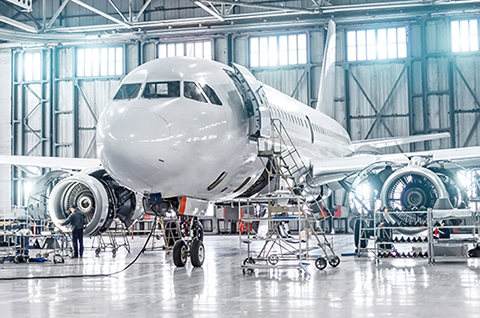
Application of Precision Castings in Aerospace Field
Application of Precision Castings in Aerospace Field
Email:
sales@eclat-air.com
Phone:
+62-2159663939
Detailed Product Description

Investment casting is playing an increasingly important role in the aerospace field due to its high dimensional accuracy and the ability to cast complex thin-walled parts. With the increasing complexity and integration of the structure and size of castings in the aerospace field, higher requirements are put forward compared with the investment precision manufacturing industry. According to actual needs, it will be particularly important to develop corresponding precision casting modeling raw materials and key heat treatment equipment, control and ensure the overall dimensional accuracy of large precision casting structural parts, meet design requirements, and shorten the development cycle.
In order to achieve the above goals, the one-shot investment casting process has been widely used. Taking an engine STME in the United States as an example, the engine widely adopts a one-time forming precision casting process, which reduces the number of combustion chamber parts by more than 50, the number of welding times by about 90, and the manufacturing cost can be significantly reduced. At present, investment casting technology is mainly used in the manufacture of aluminum alloys, magnesium alloys, titanium alloys, superalloys and other parts in the aerospace field. Yufeng Metal, a precision casting manufacturer, focuses on the research and production of aluminum alloys. Combined with SLA printing technology, it can better produce suitable products for the aerospace field.
Aluminum alloy has the advantages of low density, high specific strength, good corrosion resistance, easy forming, and low cost, so it has been widely used in the aerospace field. Aluminum alloy precision casting technology refers to the casting of large, thin-walled, complex, integral, high-performance aluminum alloy components without or with little margin. The outline size is generally about 1500mm, the wall thickness is generally about 3mm, and the performance of the casting basically reaches the performance of a medium-deformed alloy. The indicator is no or less machining allowance.
Developed countries such as Europe and the United States have widely adopted integral precision casting technology, and have developed various large-scale thin-walled integral structure aluminum alloy precision castings, which are used in key parts such as advanced combat aircraft and airframes, missile engines and missile bodies, and replace some aluminum alloy forgings and castings. sheet metal parts. Aluminum alloy investment casting generally uses plaster or porcelain shells. The rotary blowing method is generally used to refine metals, adding Ti, B, Zr and other elements to refine grains and improve casting performance. Finally, investment precision casting mainly adopts anti-gravity casting to improve the filling ability of molten metal, enhance the feeding effect of molten metal on castings, and obtain a stable liquid flow. Anti-gravity casting can be divided into low-pressure casting, vacuum suction casting and differential pressure (positive or negative pressure) casting according to the filling pressure introduction method.







